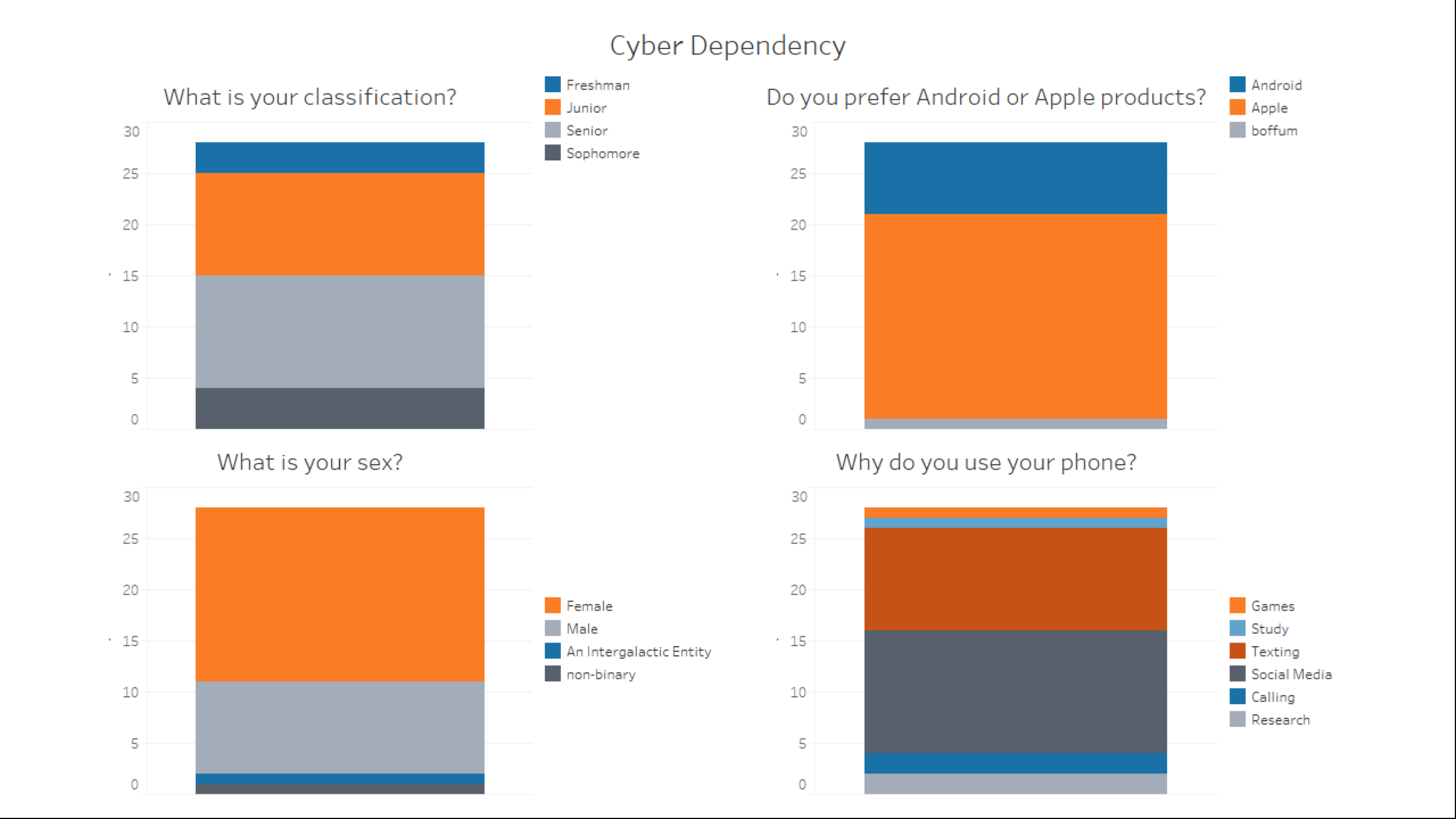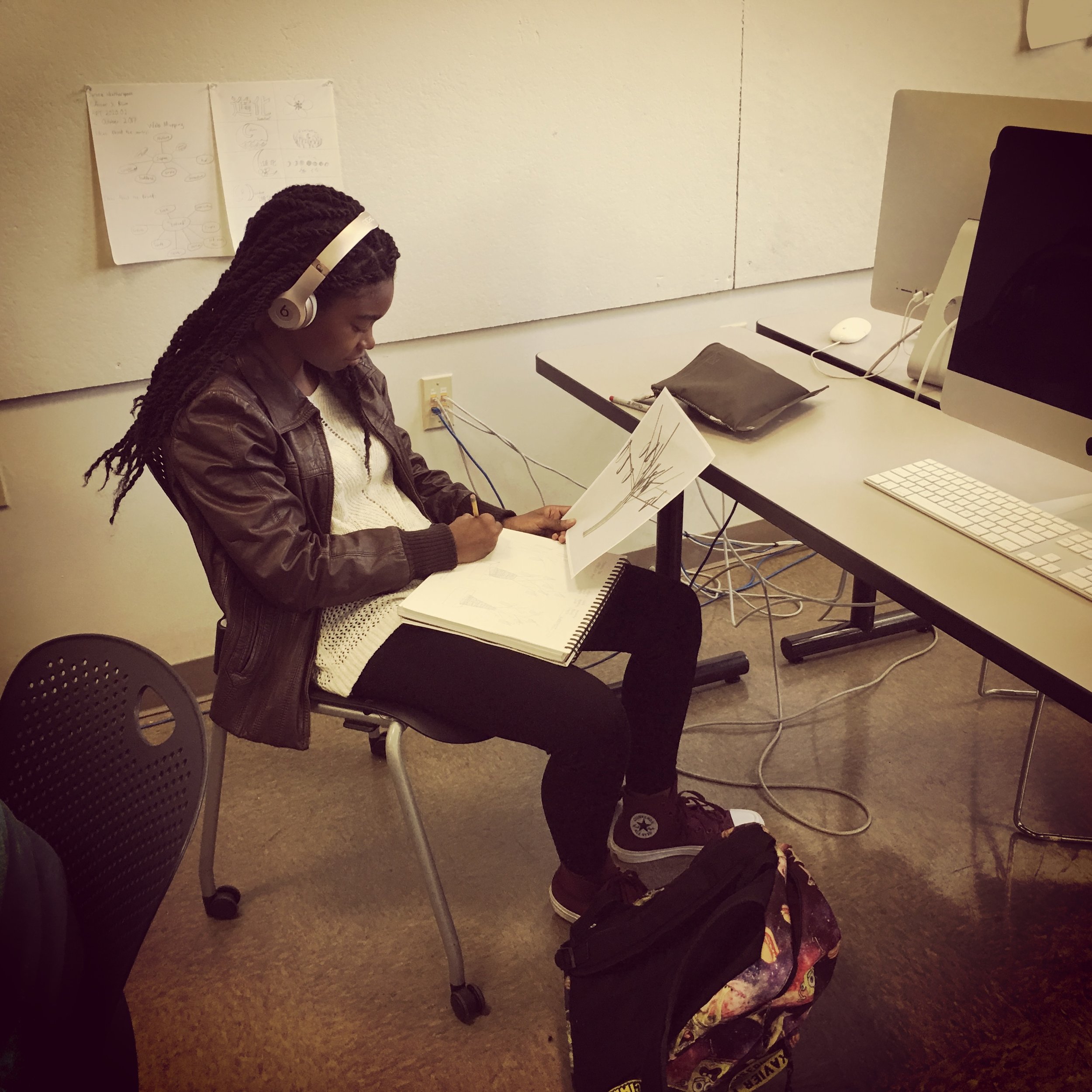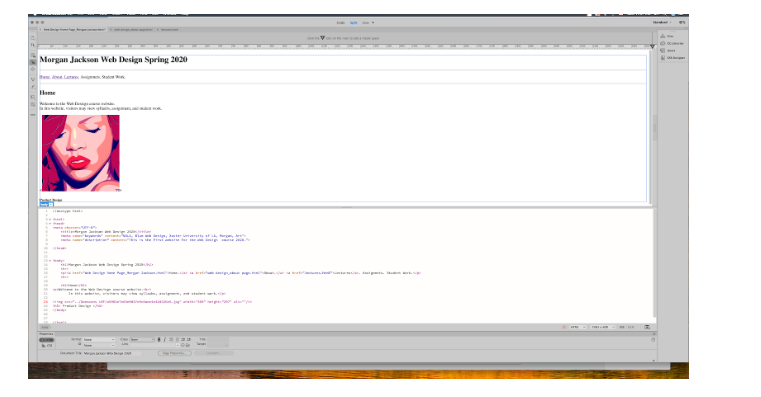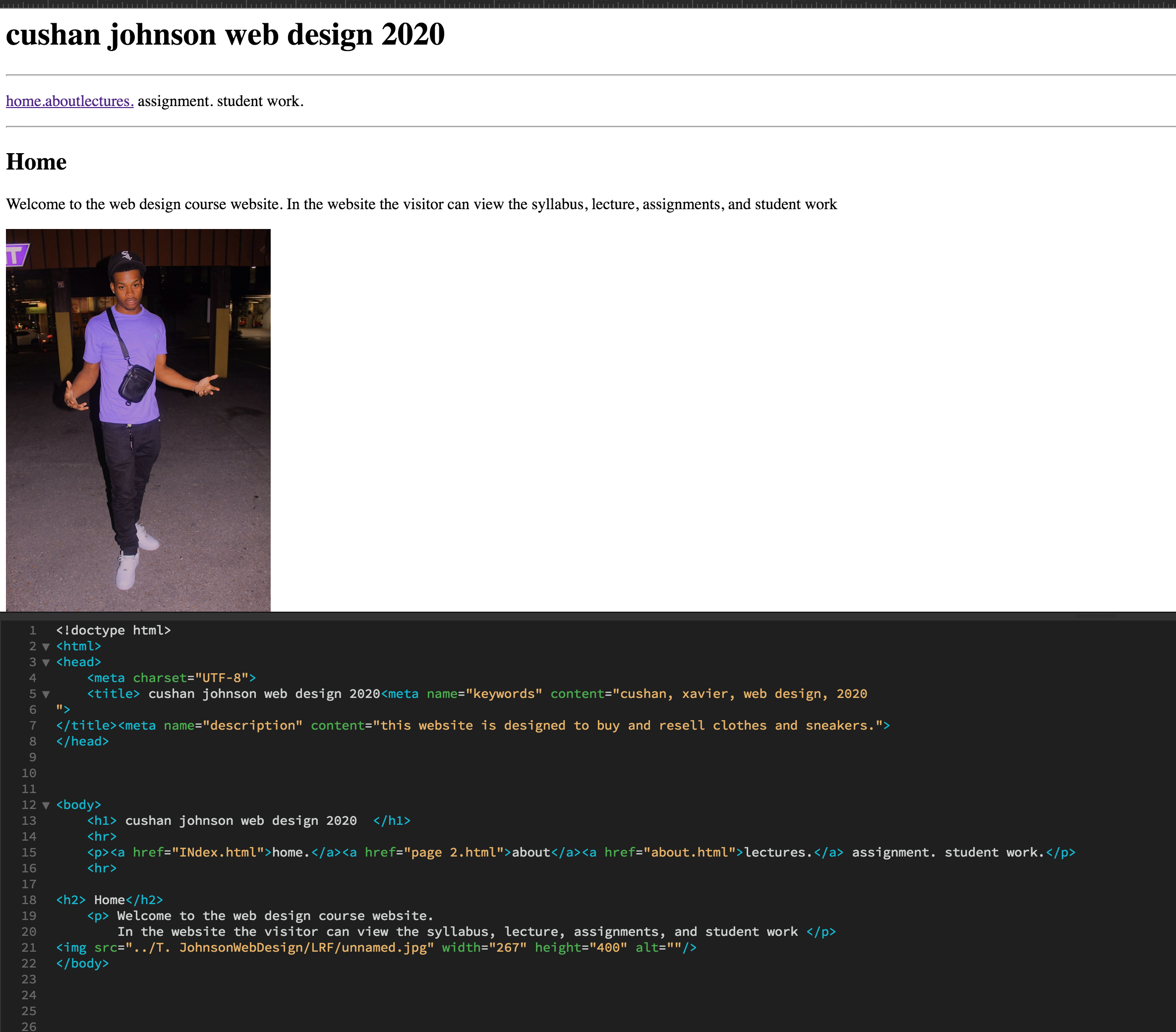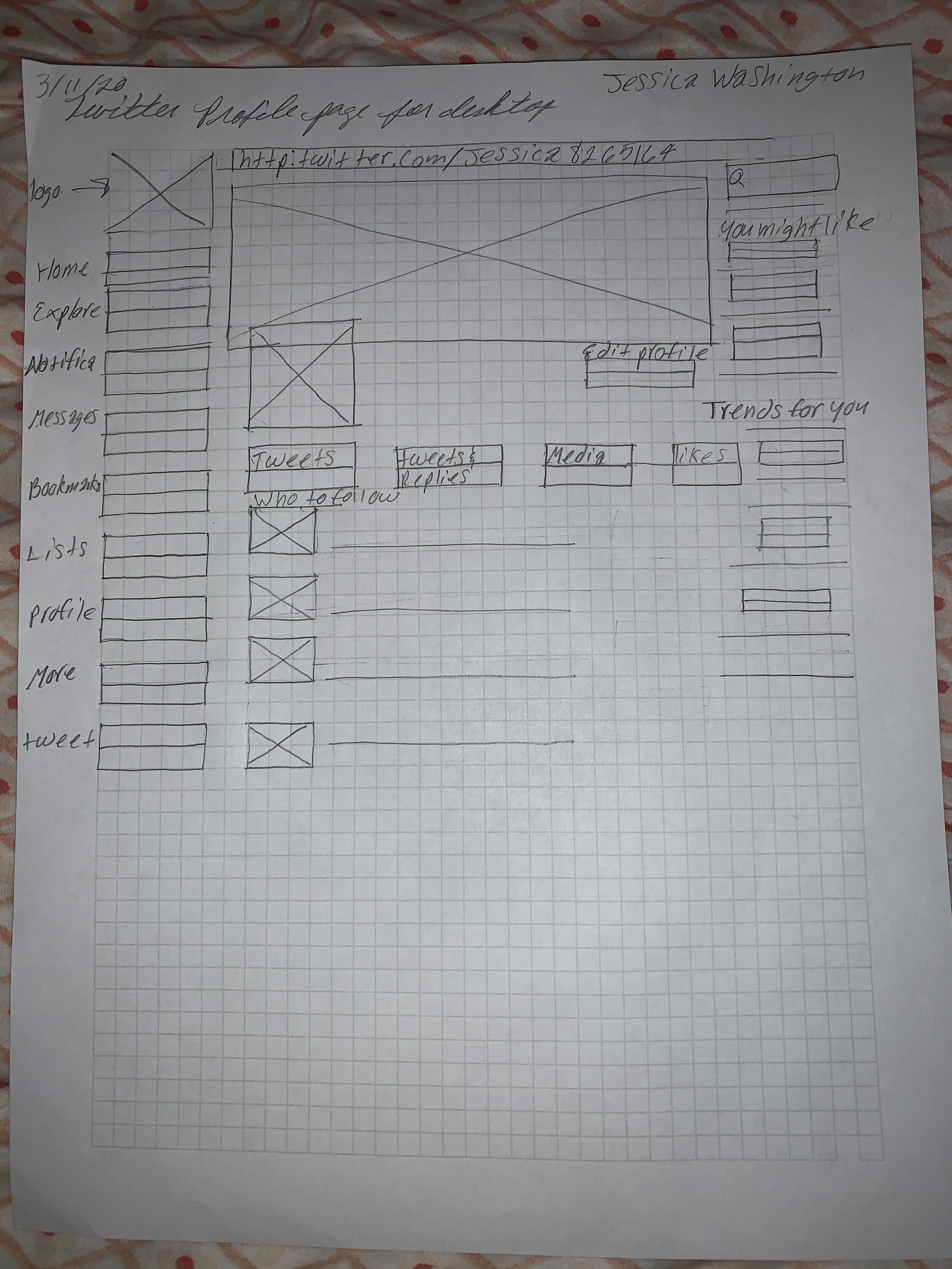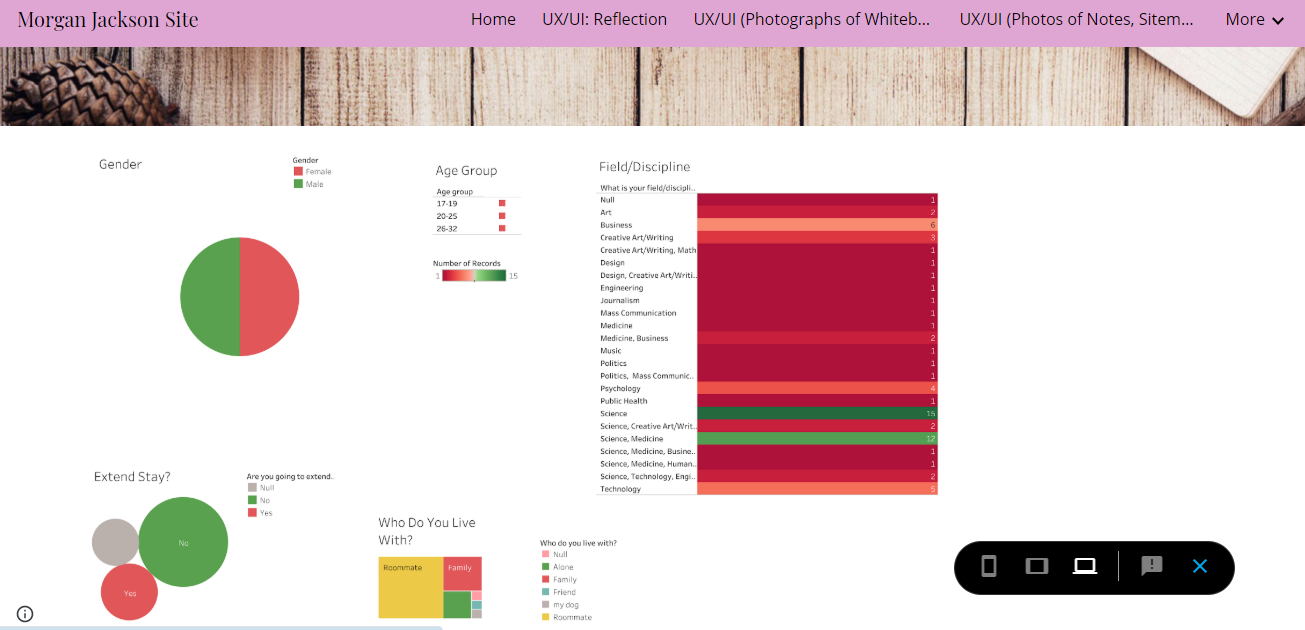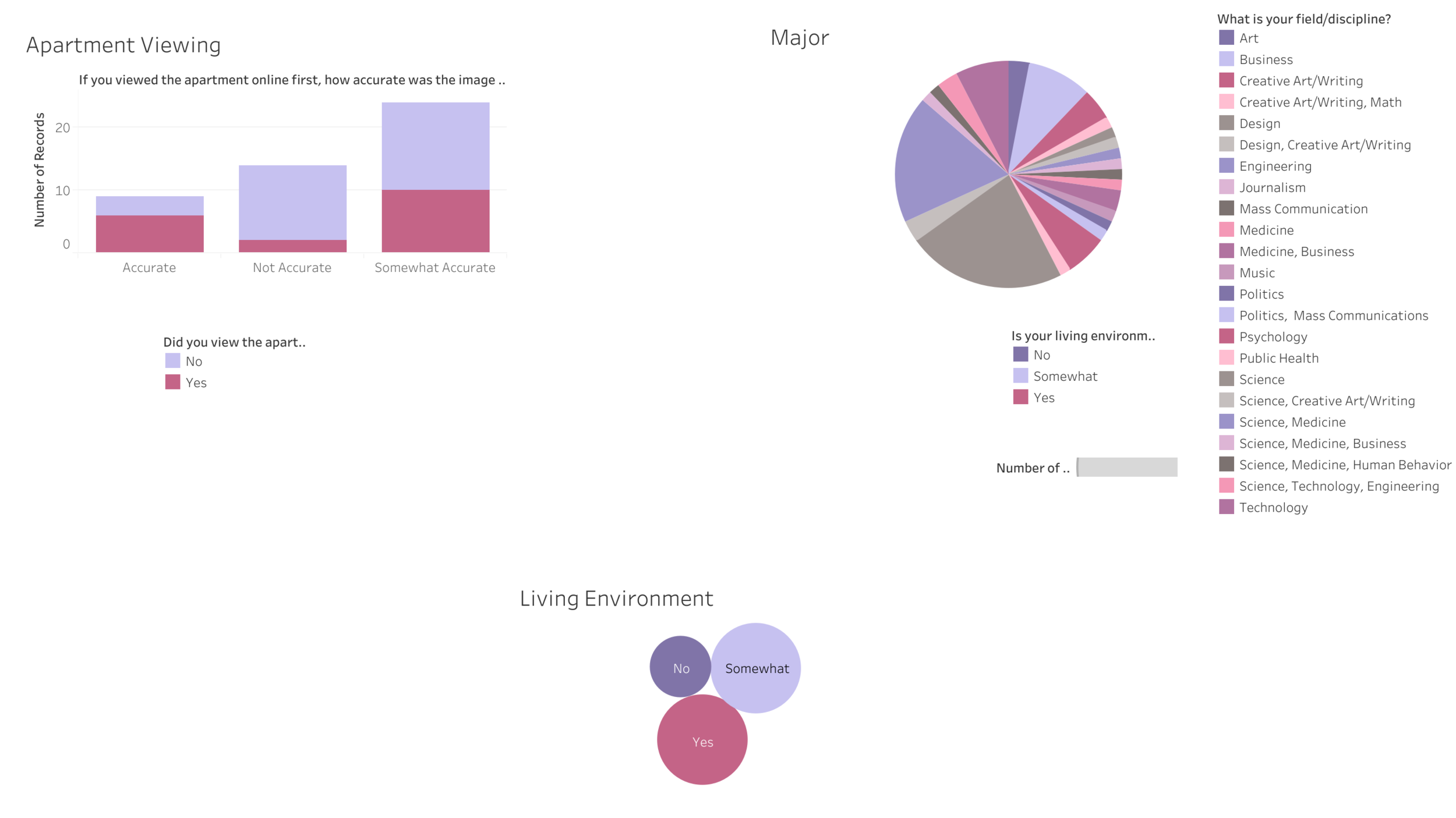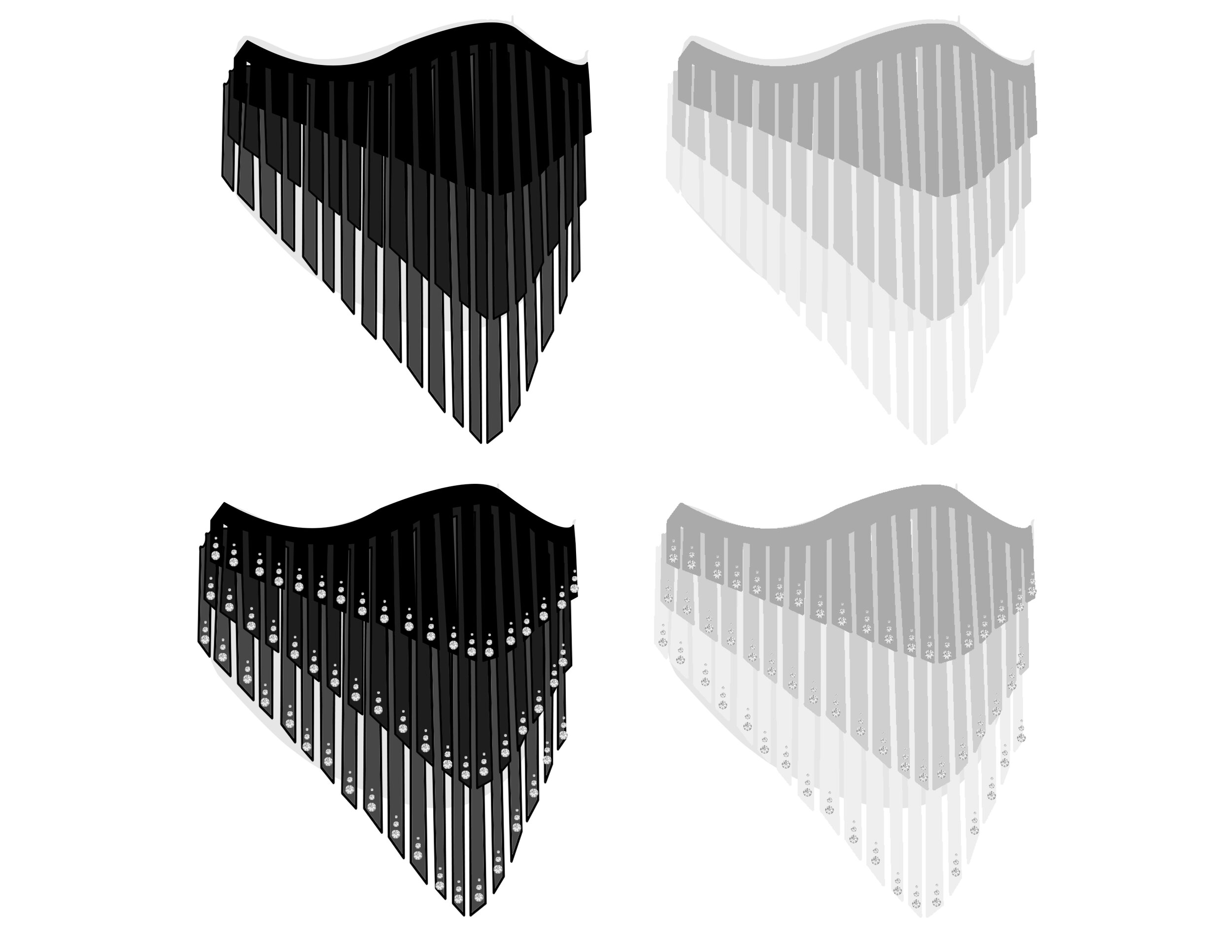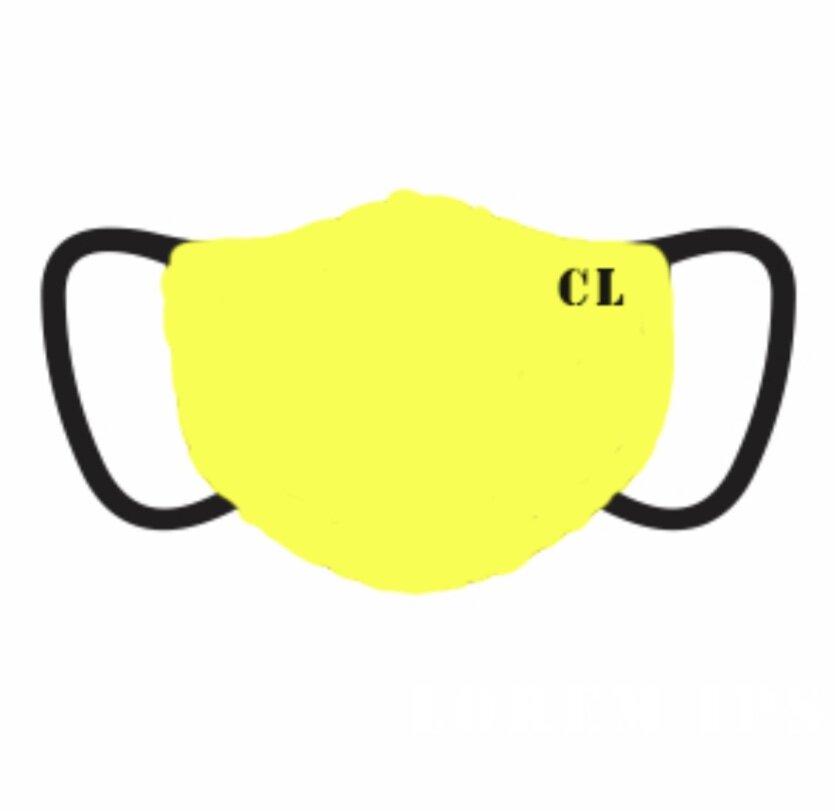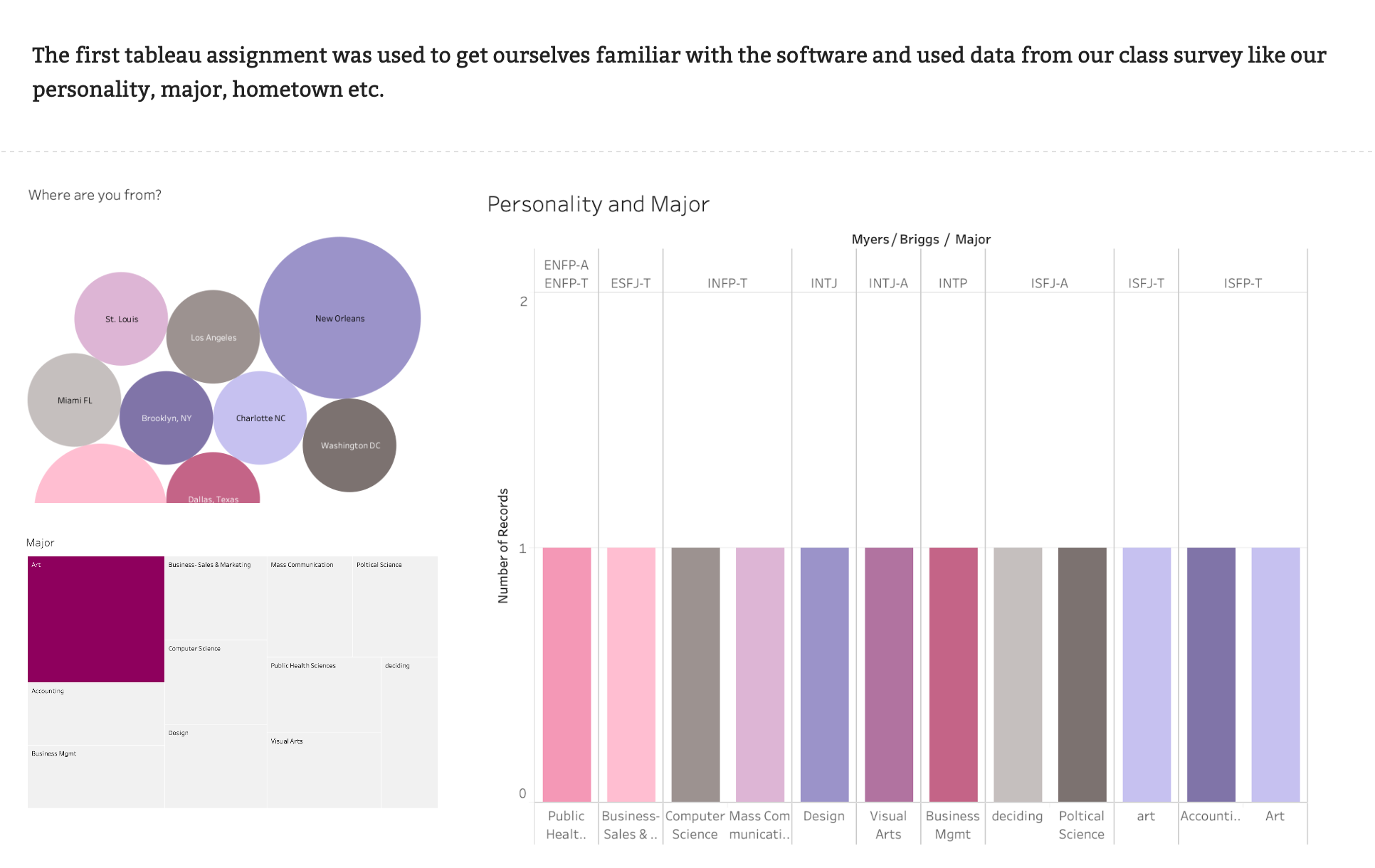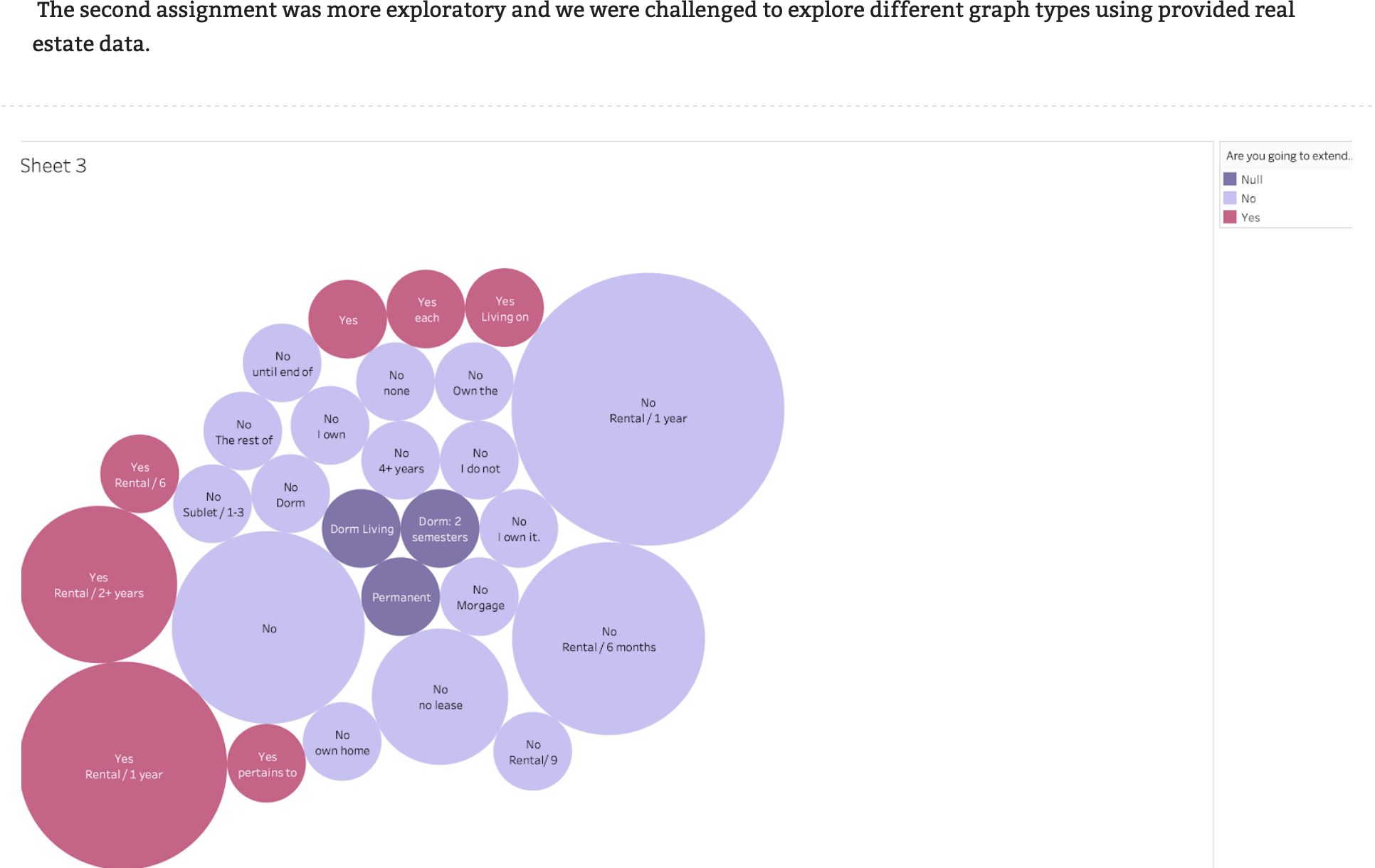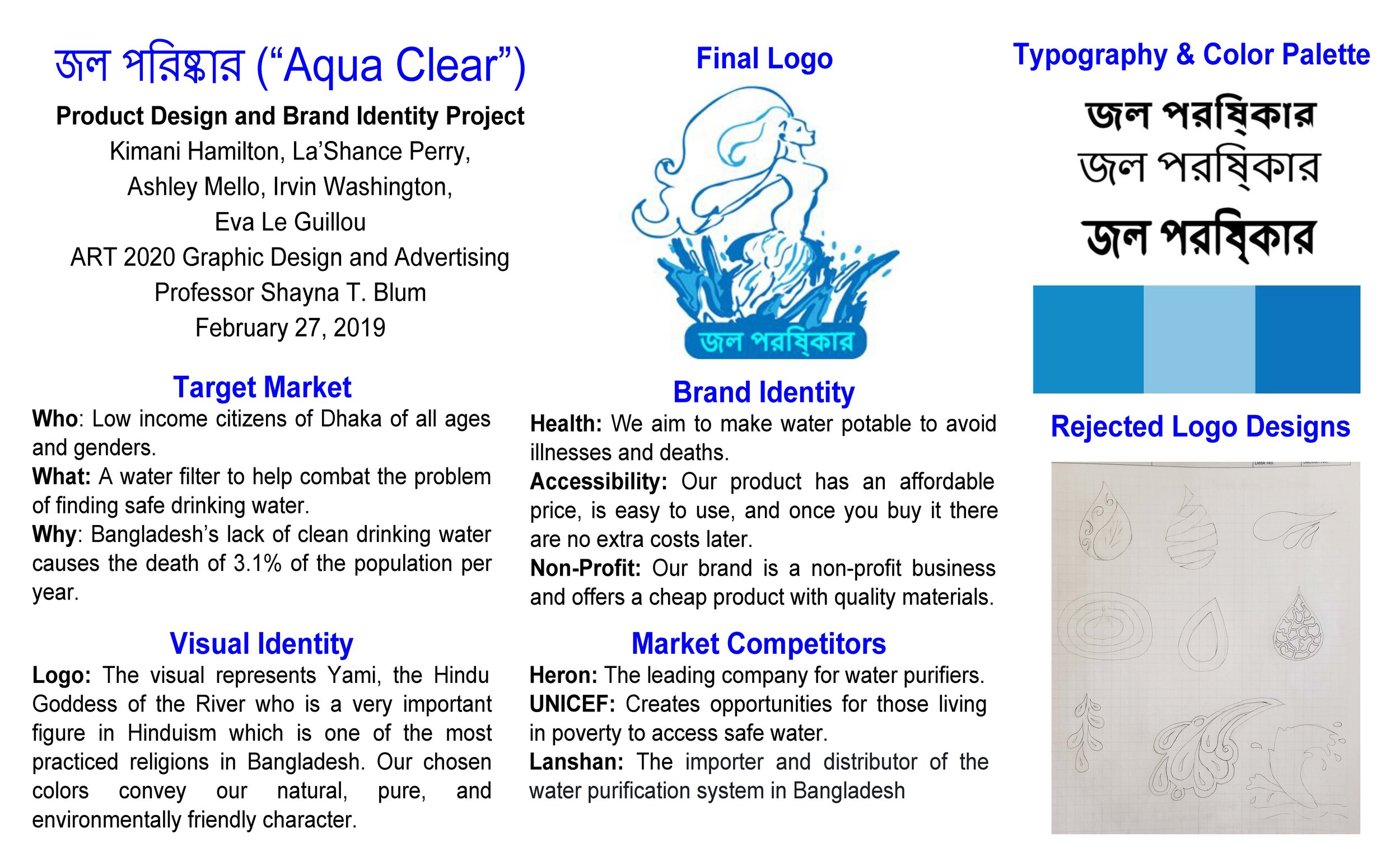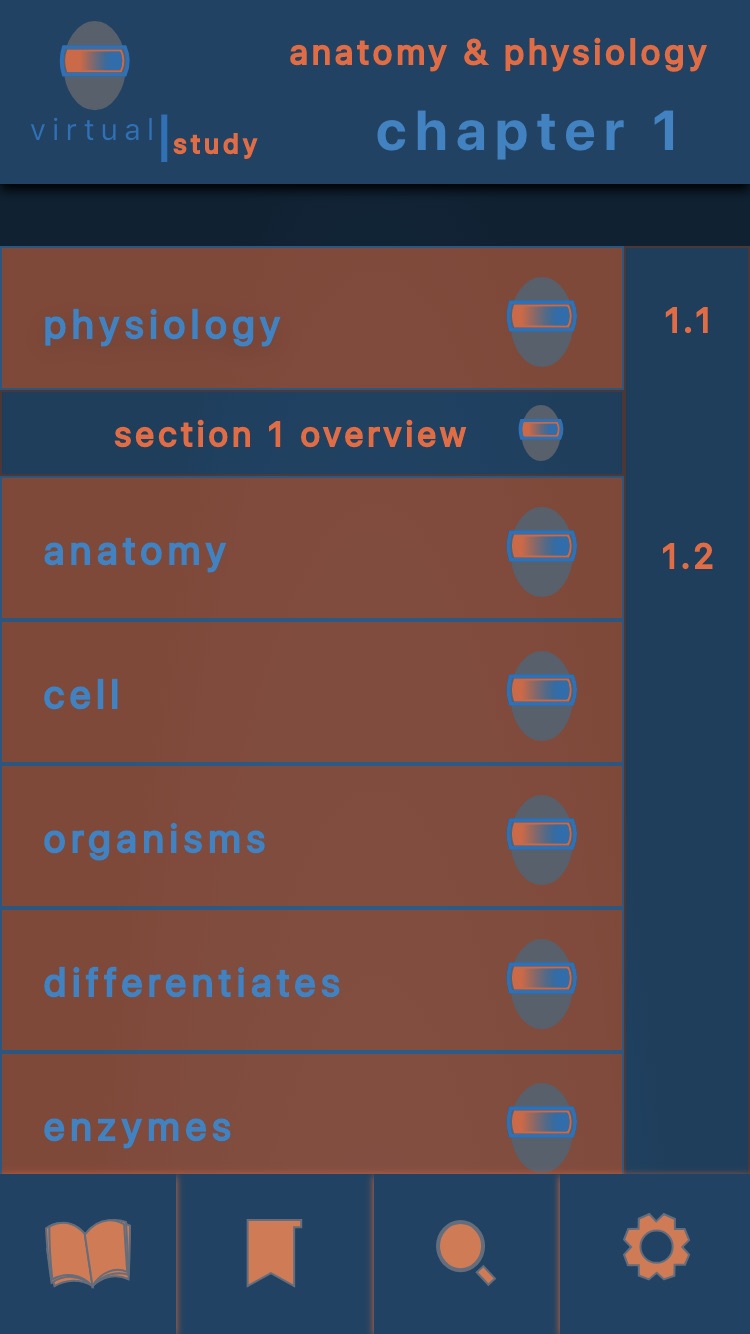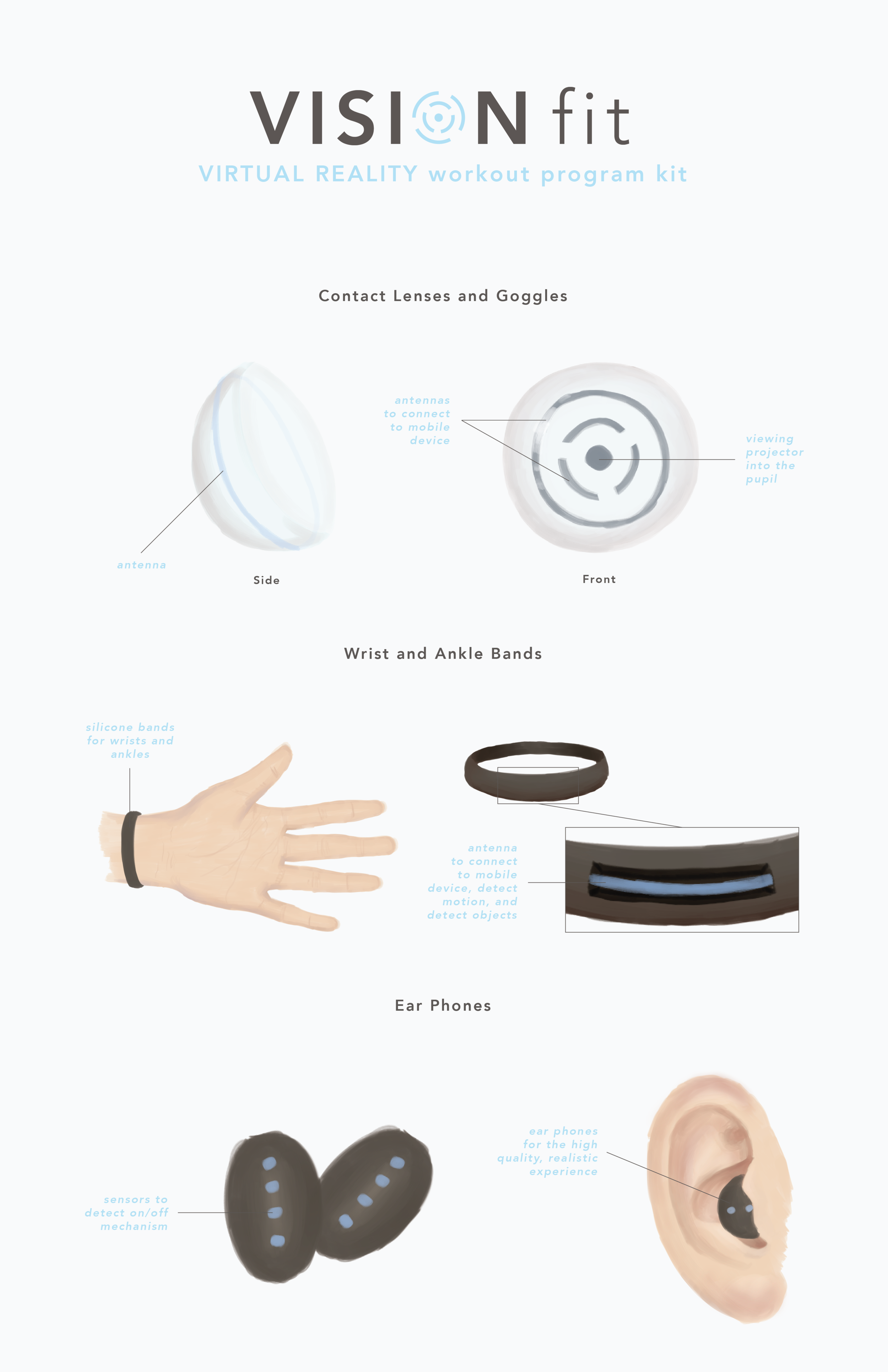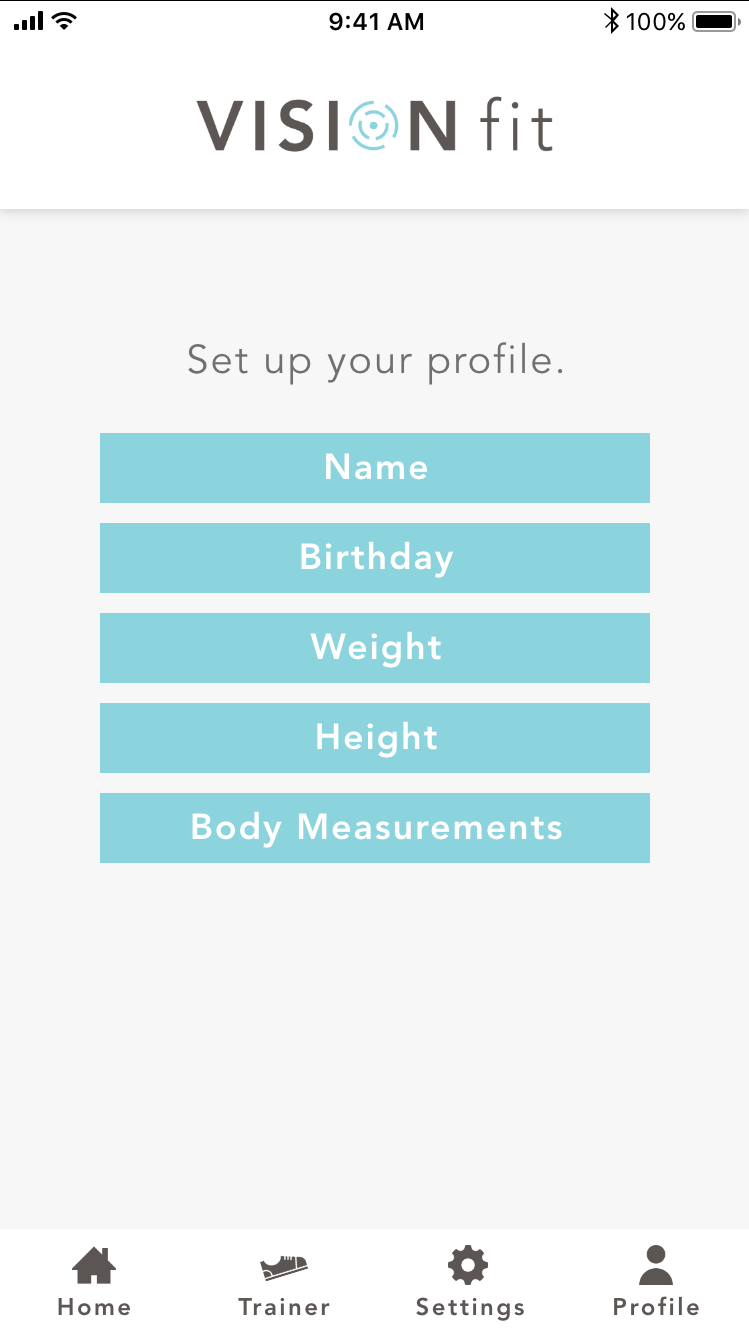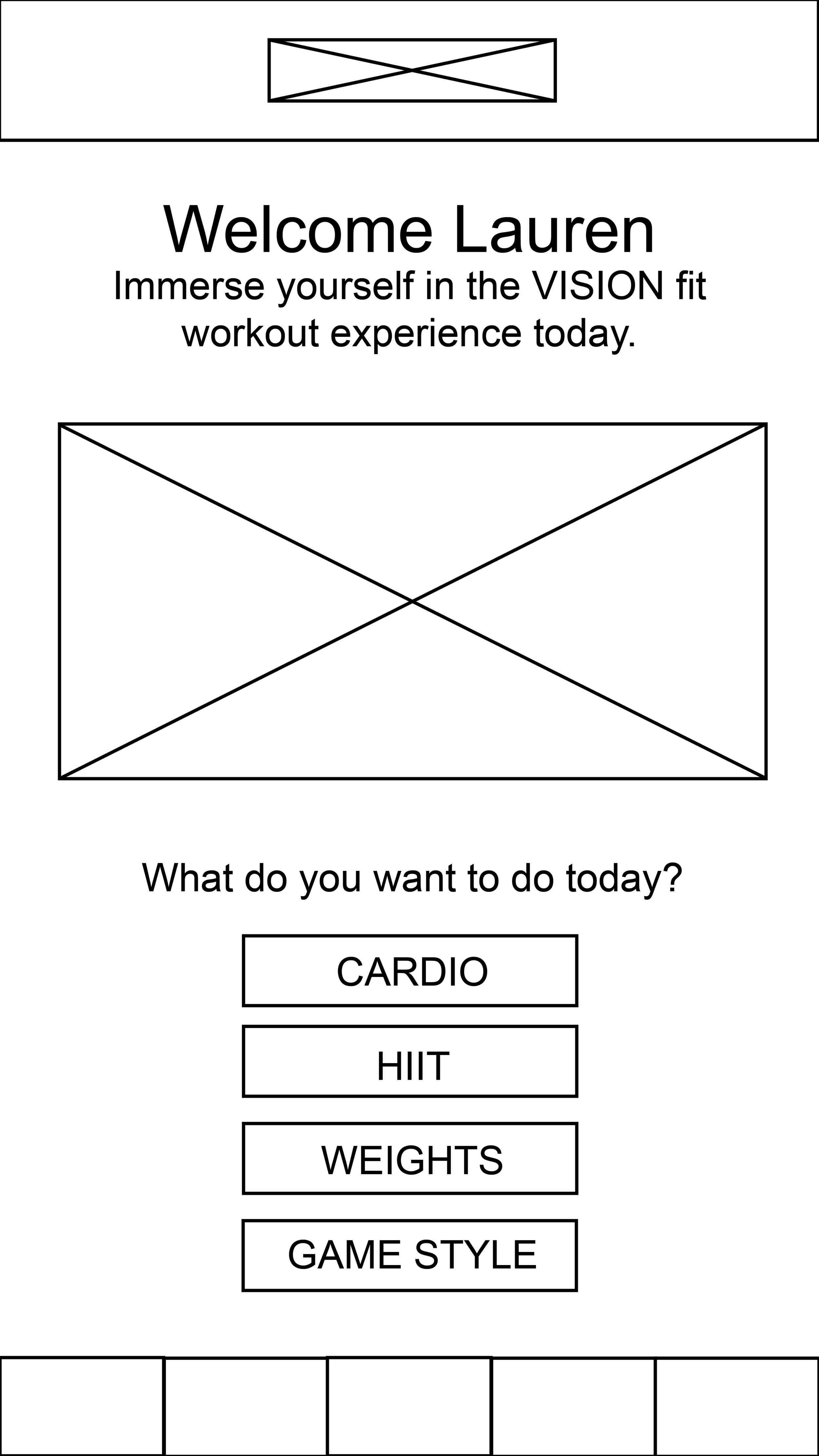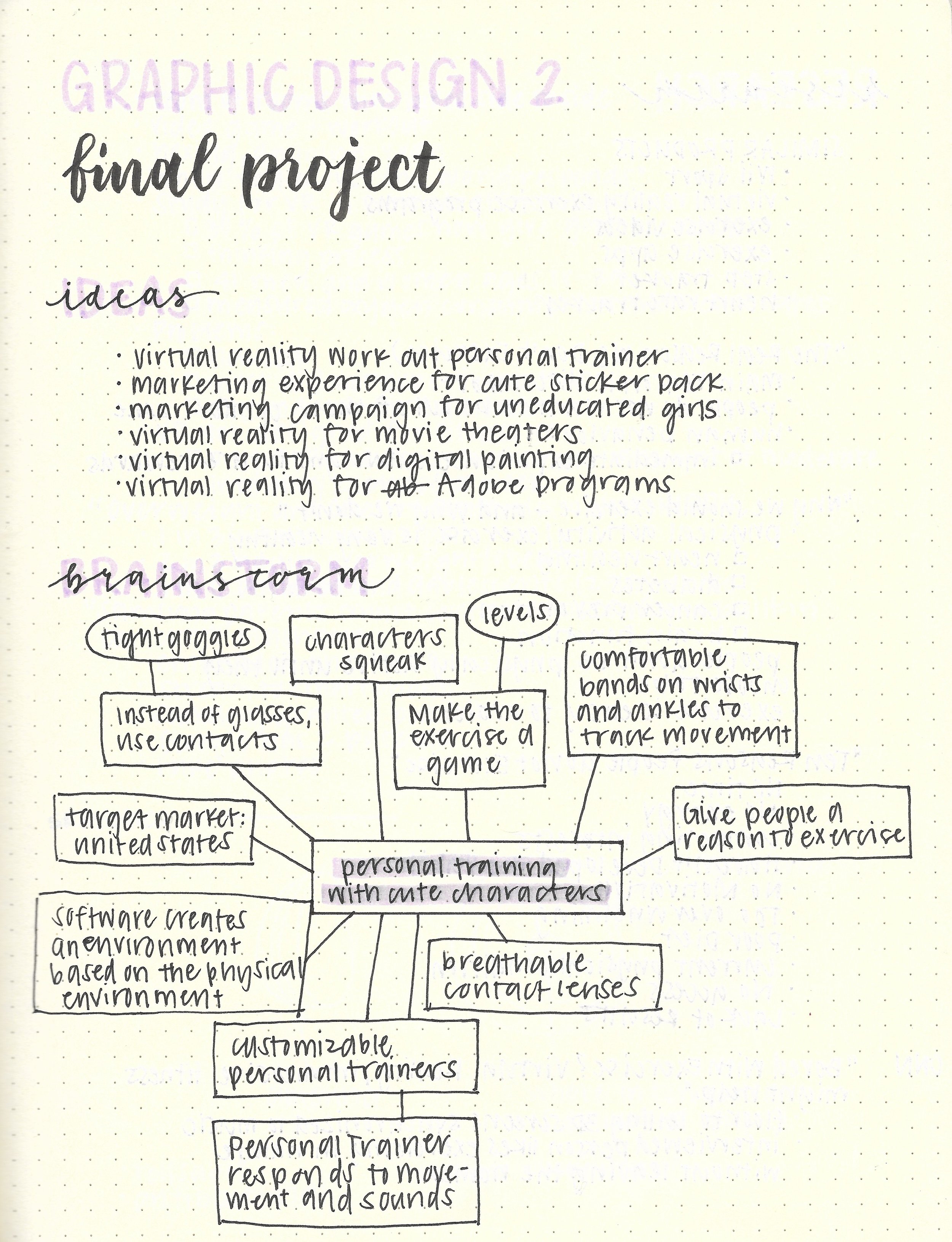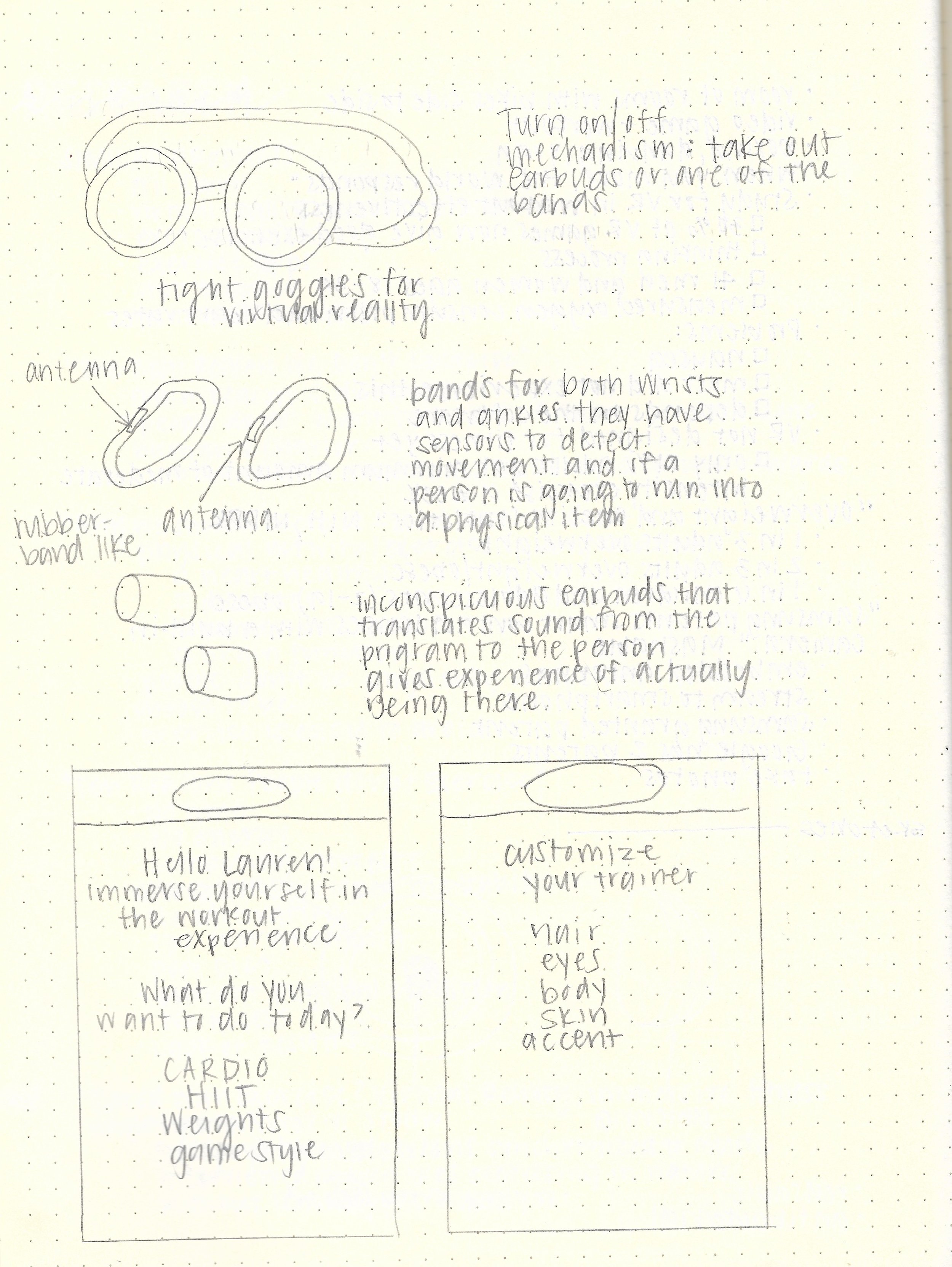Course Artifacts
XCOR 3020 Design and Technology in Global Culture
(Engaging Global Issues)
The Design and Technology in Global Culture XCORE 3020 seminar course focuses on the social and cultural impacts of technology innovations taking place across the globe. In the course, students develop an understanding of current advancements and form perspectives on the cultural impacts resulting from the design. Subjects in which the course addresses: AI systems, Human-Computer interaction, UX concepts, interactive communication, cyber, and design research. Students focus on the use of innovation in various fields such as: education, agriculture, pharmaceuticals, transportation, health, entertainment
XCOR 1012 New Orleans Technology Innovation Bootcamp
(New Orleans Experience)
The XCOR 1012 New Orleans Technology and Innovation Bootcamp, is a seminar course in which incoming students will be introduced to current tech innovations; Public Health, Pharmacy, Environmental, Education, and Creative Media. Students will examine growth in New Orleans through the city’s history, location, demographics, and socio-economic structure.
ART 3010 Web Design and Development
The Web Design and Development course will introduce students to the processes and language(s) used in designing functional websites. Students will gain knowledge in trends and techniques used for ideal user experience by studying new technologies and ways of accessing the web. In the course, students will learn the UX/UI design process, HTML5, and CSS3. Students will create websites and applications through site mapping / navigation, information architecture, wireframing / page layout, image, typography, accessibility.
ART 2020 Introduction to Graphic Design and Advertising
The Graphic Design and Advertising course is a studio course that examines visual communication utilized for brand/identity, advertising, and marketing. Students are introduced to graphic design concepts and aesthetics, producing projects using digital software. Students learn design strategies and develop projects using the design thinking process; research, brainstorm, sketch, digitalize, test, feedback, revise.

